American Literature Review
Dive into the Soul of America: Explore, Analyze, Enlighten
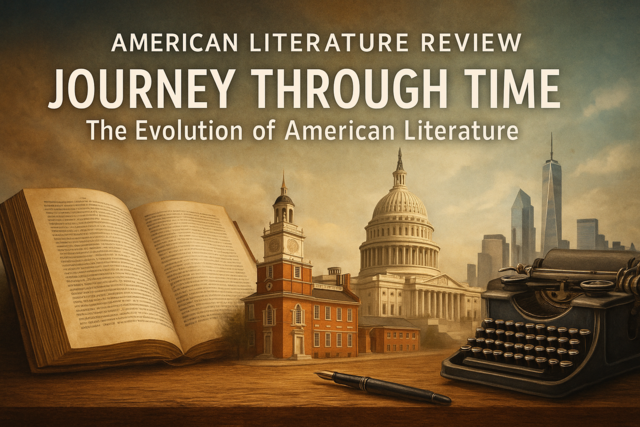
7 Hours average completion time
0.7 CEUs
9 Lessons
17 Exams & Assignments
125 Discussions
12 Reference Files
Mobile Friendly
Last Updated December 2025
The Evolution of American Literature
American literature is more than just words on paper; it's a living chronicle of a nation's heartbeat, encapsulating the myriad emotions, events, and ethos of its people across eras. Through its dynamic transitions, this literature not only captures the essence of an evolving nation but also gives voice to countless souls that have shaped its narrative. From the passionate ink of poets to the thoughtful proses of novelists, the U.S. literary canvas is both vast and varied. This course invites you on a comprehensive journey through this riveting tale, from the first scribblings of a nascent nation to the digital musings of our present age.
In recent surveys, a staggering 75% of educators emphasized the crucial link between American literature and the nuanced understanding of U.S. history and culture. Why? Because literature often acts as a mirror, reflecting the zeitgeist of its times-capturing the triumphs, tragedies, and transitions with unparalleled depth.
Course Breakdown:
-
Introduction: Set the stage by exploring the intrinsic link between the nation's evolution and its literary expressions. Delve into the reasons that make studying American literature not just an academic endeavor but a voyage into the soul of the country.
-
Colonial Period to 1750: Discover the earliest voices of a new land. Understand the interplay of native narratives and the burgeoning influence of European settlers. Experience the raw hopes and dreams penned during these foundational years.
-
Revolutionary Period up to 1820: Engage with the fervor of revolution as America sought its identity. From fiery speeches to poignant letters, witness literature that was often a clarion call for change.
-
Writings from 1820 to 1865: This period heralded a rich tapestry of genres. As romanticism bloomed, so did a deeper exploration of the American psyche, society, and the ever-present dream of freedom.
-
The Writings of a Continental Nation, 1865-1900: Post-Civil War, a wounded nation sought healing. Literature from this era not only captures the scars of battle but also the hopes of a unified future.
-
Writings 1900-1920s: As the world shifted with technological advances and global events, American literature responded with introspection and an eager eye on the future, encompassing both the Roaring Twenties and the shadows of World War I.
-
Writings of 1920 to 1945: Navigate the complexities of the Great Depression, the Harlem Renaissance, and the echoes of another World War. Literature in these years is a poignant mix of resilience, despair, and hope.
-
Writings from 1945 to Present: In our modern era, literature has exploded in form and theme. Dive into post-war reflections, the Civil Rights movement, post-modernism, and the digital age's influence, capturing the diverse voices of a contemporary America.
Who Should Attend?
Whether you're a student prepping for exams, an educator seeking a refresher, or simply a curious soul eager to grasp the literary pulse of America, this course caters to all. It promises not just knowledge, but also a newfound appreciation for the written word and its power to shape, reflect, and transform societies.
Conclusion:
American literature isn't a static subject-it's a dynamic story, ever-evolving, reflecting the dreams and despairs, the challenges and changes, of its vibrant nation. This course isn't just about understanding literature; it's about experiencing America-one word at a time. Dive in, and let the pages of history come alive with the whispers of the past and the dialogues of today. Join us in this literary adventure through time.
- Effective communication skills
- Appreciation of diverse voices
- Lifelong learning enthusiasm
- Cultural and historical understanding
- Analytical thinking and interpretation
- Research and synthesis
- Creative and analytical writing
- Critical reading and comprehension
- Empathy and perspective-taking
-

Creative Writing 101
-

Creative Writing for Beginners
-

Tex Mex Cooking 101
-
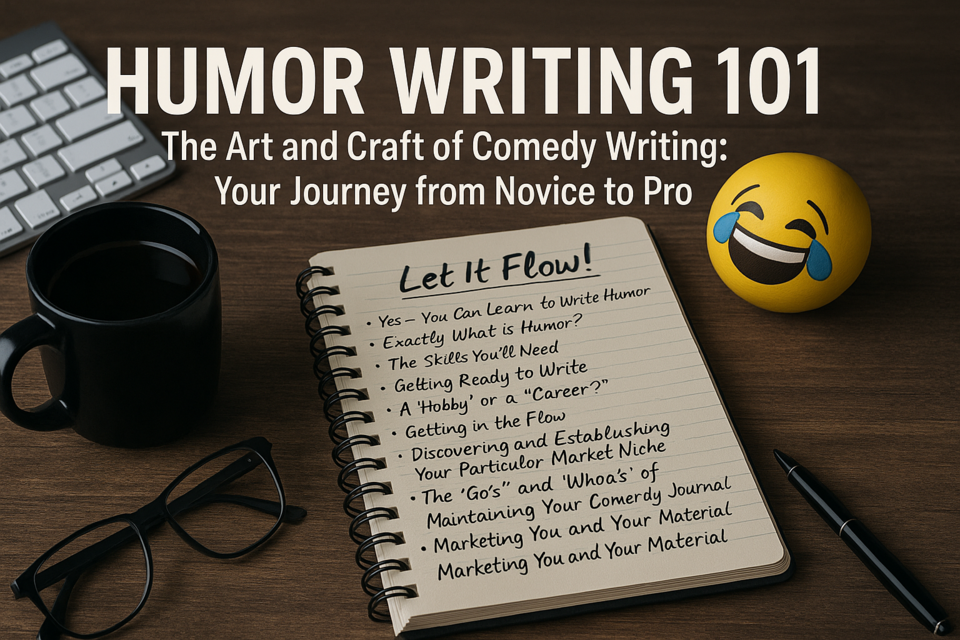
Humor Writing 101
-

Historical Fiction Writing
-
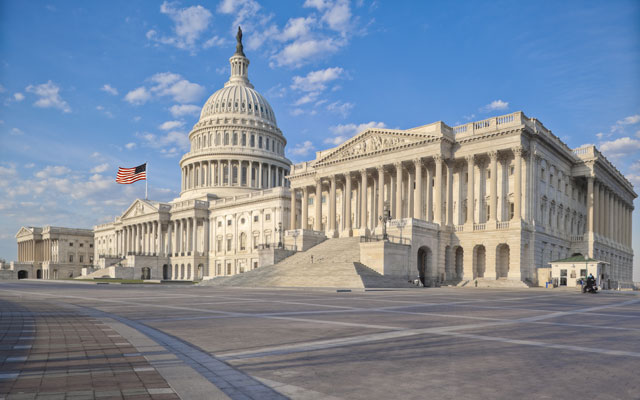
American Government
-

Etiquette Consultant
-
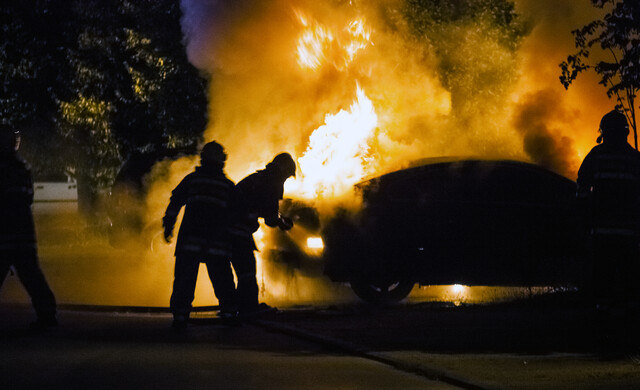
History of Terrorism
-
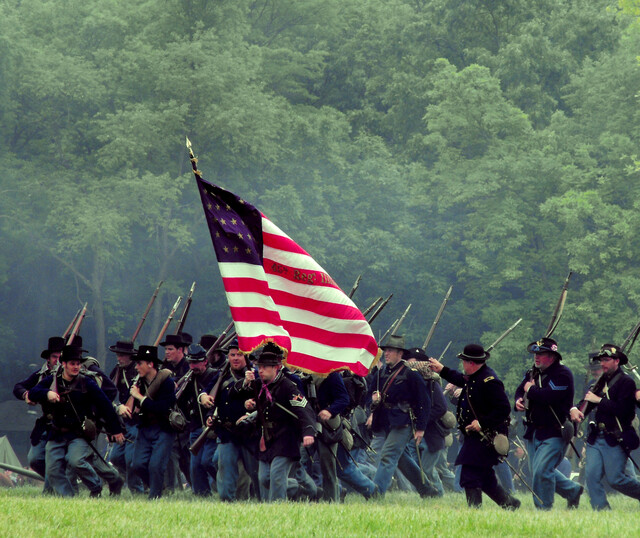
American Civil War
-

Bible Stories: Explore Life Lessons and Adventures
-
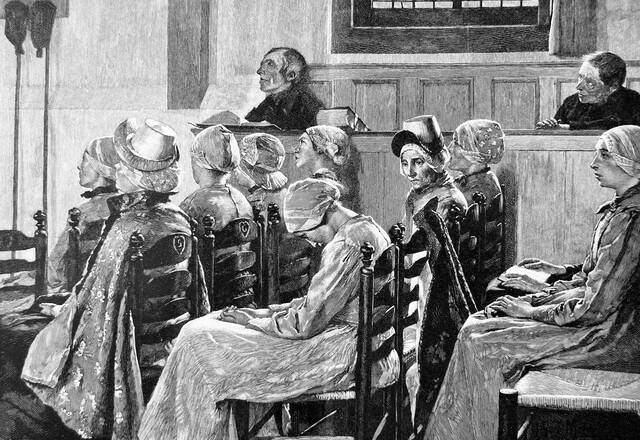
Salem Witch Trials
-

Travel Writing 101
-
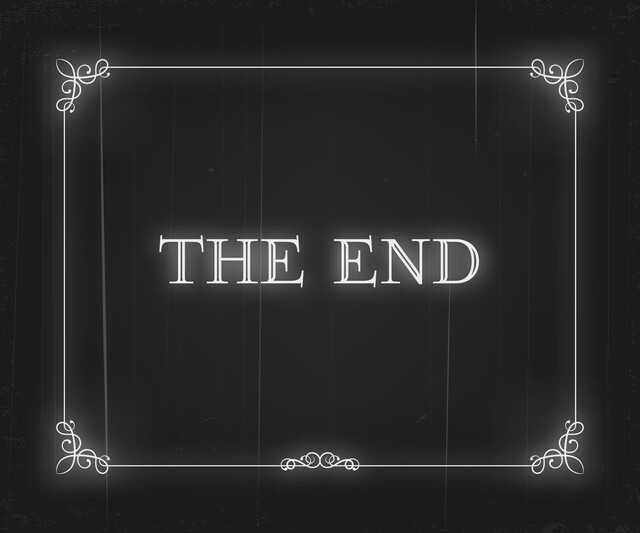
Film Appreciation
-

World War II
-

Journaling and Memoir Writing
-
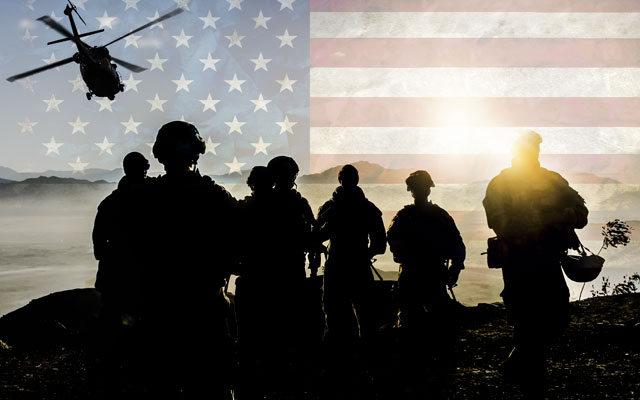
American Heroes and Villains
-

How to Run a Dog Day Care
-

American Wars: American Revolution and Civil War
-

Greek Mythology
-

World Religions
-

Aquariums for Fish
-
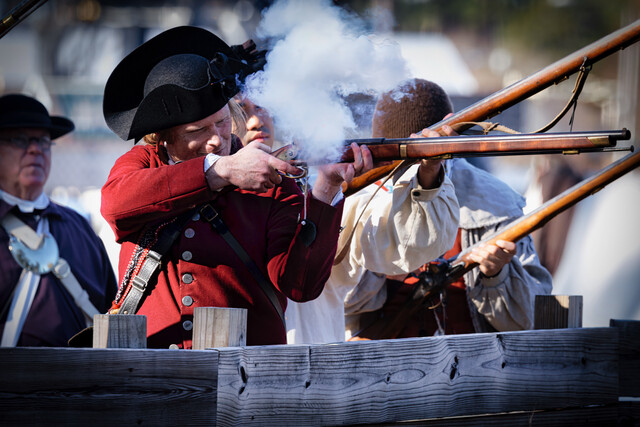
American Revolutionary War
-

Creative Writing Workshop
-

Writing Women's Fiction
-

World War I
